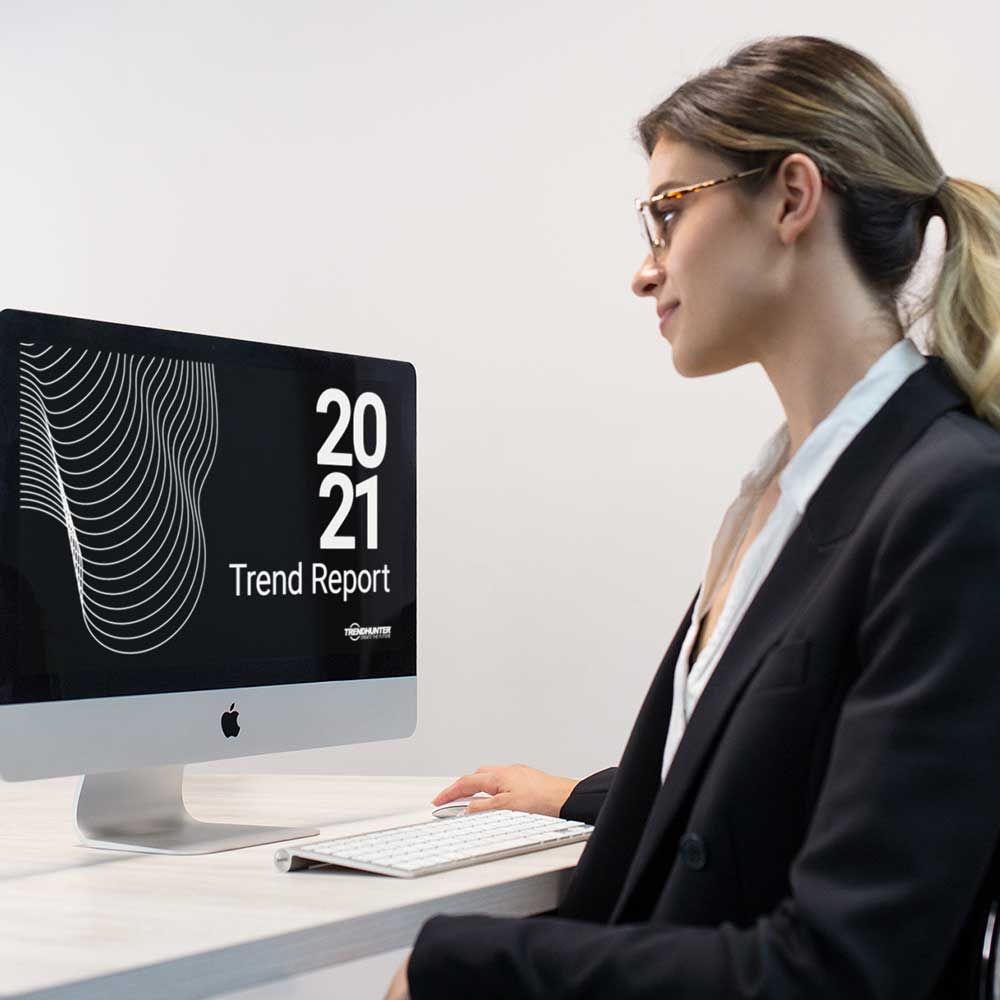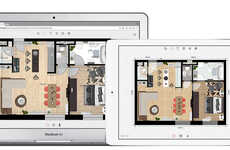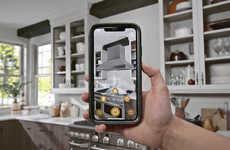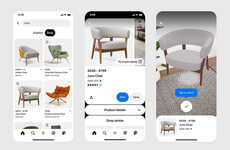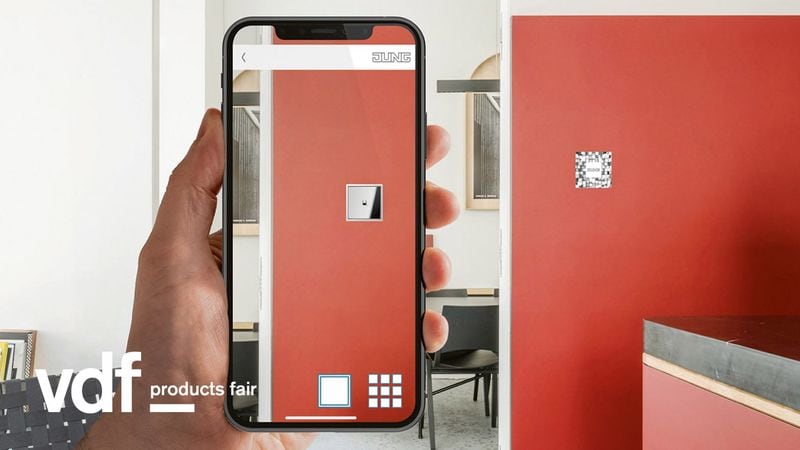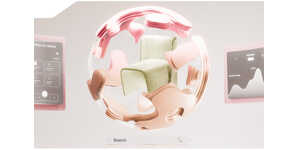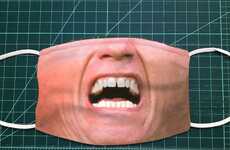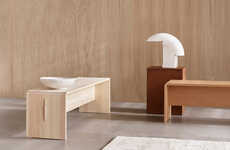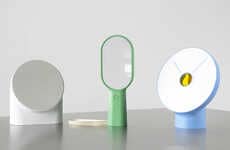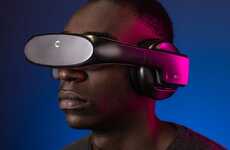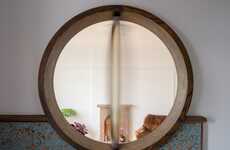
Jung's AR-Studio Helps Consumers Make Interior Design Decisions
Kalin Ned — June 18, 2020 — Art & Design
German building-technology supplier Jung is debuting AR-Studio, alongside five additional products, during the VDF (Virtual Design Festival) products fair. The mobile app relies on augmented reality and allows users to superimposed over 2,000 Jung switches, sockets, and lights into their space. Consumers can survey the product from different angles and can explore the various finishes that are available before deciding to make a purchase.
Augmented reality has skyrocketed in popularity, especially in the category of interior design, real estate, and even fashion. Tied to convenience and efficiency, companies that have embraced tech-enhanced services are standing out on the market as consumers become more comfortable with using such innovative tools.
Image Credit: Dezeen, Virtual Design Fair
Augmented reality has skyrocketed in popularity, especially in the category of interior design, real estate, and even fashion. Tied to convenience and efficiency, companies that have embraced tech-enhanced services are standing out on the market as consumers become more comfortable with using such innovative tools.
Image Credit: Dezeen, Virtual Design Fair
Trend Themes
1. Augmented Reality in Interior Design - Leveraging AR technology in interior design allows consumers to visualize products in their space before making a purchase, enhancing convenience and streamlining the decision-making process.
2. AR in Real Estate - Implementing augmented reality tools in the real estate industry enables potential buyers to virtually tour properties and envision how they would look furnished, revolutionizing the home-buying experience.
3. Augmented Reality in Fashion - Integrating AR into the fashion industry provides customers with virtual fitting rooms and the ability to try on clothing without physically visiting a store, transforming the way people shop for their style.
Industry Implications
1. Interior Design - The interior design industry can leverage augmented reality tools to offer customers a more interactive and immersive shopping experience, leading to increased sales and customer satisfaction.
2. Real Estate - Incorporating augmented reality into the real estate sector presents opportunities to showcase properties to potential buyers remotely, reducing the need for physical visits and expanding market reach.
3. Fashion - The fashion industry can embrace augmented reality to revolutionize the way customers try on and purchase clothing, offering a convenient and personalized shopping experience both online and in-store.
3.7
Score
Popularity
Activity
Freshness
